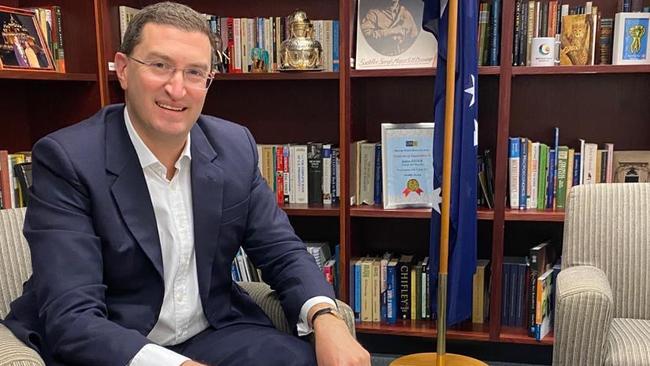Outback grocery bills 60pc higher
A lack of action on sky-high remote grocery prices has left impoverished Indigenous people paying 40 to 60 per cent more for food than other Australians.

A lack of action on sky-high remote grocery prices has left impoverished Indigenous people paying 40 to 60 per cent more for food than other Australians, despite at least three inquiries over the past decade recommending similar solutions.
The federal Indigenous affairs standing committee has now urged the Morrison government to establish a real-time monitoring system to expose price-gouging and help encourage more healthy competition.
In a 127-page report tabled on Monday, the committee asked the government to direct the Australian Competition & Consumer Commission to conduct an “enhanced (grocery) market study” similar to its recent “deep dive” on the media industry.
The study would examine legal loopholes that could permit overcharging and ways to put downward pressure on prices, as well as scrutinise rebates, which some operators have attacked as “kickbacks” for selling things like tobacco products.
NSW Liberal MP and committee chair Julian Leeser said elevated community concern showed there was a need for transparency and better governance of remote stores.
“You’ve got small stores serving very small populations … they’re hard to staff, there’s no real competition, and the supply chains are fragile,” he said.
“Because these communities and stores can be out of sight and out of mind, it’s very important that when people go to the checkout, that the purchases they’re making and the prices that are being charged at the cash register are disclosed.”
The committee found that high food prices in remote areas generally resulted from higher business costs rather than “systemic” rorting.
But it did not tackle specific cases like that of monopolistic government retailer Community Enterprise Queensland, accused by the Torres Shire Council of charging up to five times supermarket prices for staples such as bread, a claim the company has denied.
Six CEQ executives in July received $152,000 in bonuses after the firm posted a $7m profit.
The report called for a national regime to regulate remote stores, noting that the Council of Australian Governments also agreed to plans for one in 2009 but failed to set it up.
“The commonwealth has constitutional power in relation to Aboriginal and Torres Strait Islander matters, and it should exercise that power,” Mr Leeser said.
He added that the committee, which includes three Labor members, was also concerned by the inadequate training provided by the Office of the Registrar of Indigenous Corporations for community-based directors.
“If people are not properly able to understand the nature of the matters that have been presented to them by management at committee meetings then they are not properly able to hold management to account and do their job as directors,” he said.
One inquiry submission described employers having to recruit three or four times per year for the position, with all the associated travel, administrative and relocation costs.
The report called for supermarket chains like Coles and Woolworths to do more to support the remote grocery sector. It also encouraged the government to look at investing in infrastructure and shipping lanes.




To join the conversation, please log in. Don't have an account? Register
Join the conversation, you are commenting as Logout